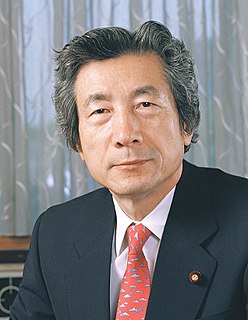A Quote by Ken Wahl
Most people may not realize the tremendous value that therapy/companion/comfort animals have for the purposes of easing the suffering of those with PTSD and Traumatic Brain Injury (TBI), particularly within the military.
Related Quotes
It's not just professional athletes and soldiers who are at risk from traumatic brain injury. More than 1.7 million people a year sustain a traumatic brain injury, and about 50,000 of them die each year, according the Centers for Disease Control. There are both emotional and financial costs from these injuries.
I'm not a doctor, nor am I a member of the military. What I am is an appreciative, concerned American citizen, who was horrified when I heard about the horrendous rates of suicide (22 per day) and PTSD/TBI within our military. As such, I felt compelled to reach out to anyone who cared to listen, to try to help with this terrible situation. This is not just life and death - it is life and death for those who defend our freedom.
The suffering that food animals undergo, the suffering of those who eat them and profit by them, the suffering of starving people who could be fed with the grain that feeds these animals, and the suffering we thoughtlessly impose on the ecosystem, other creatures, and future generations are all interconnected. It is this interconnectedness of suffering, and its reverse, of love, caring, and awareness, that calls out for our understanding.
Just as an informal, nonscientific observation, most people's personalities don't seem to change very much during their lives. There are exceptions in the case of people who go through hugely traumatic events or suffer from brain injury or disease. Some would argue that religious conversions can have deep personality-altering effects. But these are all exceptions to the rule.
Most people have come to prefer certain of lifes experiences and deny and reject others, unaware of the value of the hidden things that may come wrapped in plain and even ugly paper. In avoiding all pain and seeking comfort at all costs, we may be left without intimacy or compassion; in rejecting change and risk we often cheat ourselves of the quest; in denying our suffering we may never know our strength or our greatness
You have to understand that PTSD has to be an event that you experience, a very traumatic event. And actually, there is evidence that brain chemistry changes during this event in certain individuals where it's imprinted indelibly forever and there's an emotion associated with this which triggers the condition.
We usually look outside ourselves for heroes and teachers. It has not occurred to most people that they may already be the role model they seek. The wholeness they are looking for may be trapped within themselves by beliefs, attitudes, and self-doubt. But our wholeness exists in us now. Trapped though it may be, it can be called upon for guidance, direction, and most fundamentally, comfort. It can be remembered. Eventually we may come to live by it.
Typically, defenders of experiments on animals do not deny that animals suffer. They cannot deny the animals' suffering, because they need to stress the similarities between humans and other animals in order to claim that their experiments may have some relevance for human purposes. The experimenter who forces rats to choose between starvation and electric shock to see if they develop ulcers (which they do) does so because the rat has a nervous system very similar to a human being's, and presumably feels an electric shock in a similar way.


































